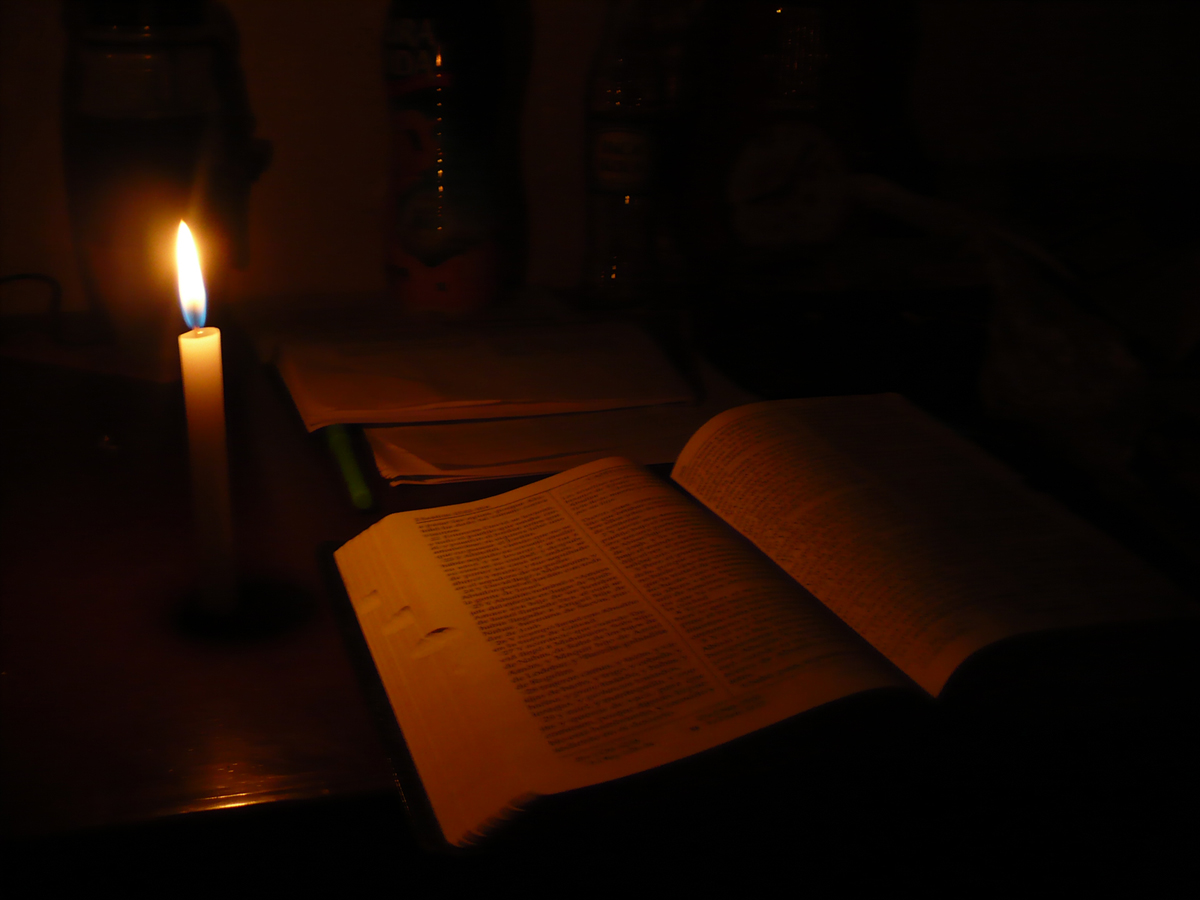Why I didn’t love Frozen
When I saw Frozen on Easter a month ago, it felt like my wife and I were the only ones in the world that hadn’t seen it yet. The pressure was on. Everybody loved it—obviously I would too.
I liked it.
That’s all. I liked it. It was a fun fantasy world with generally enjoyable characters (am I an awful person for saying the snowman irked me?). But there was something that didn’t feel right about the plot which I think the trolls said better than I could:
We’re not sayin’ you can change him,
‘cause people don’t really change.
It was a cute and whimsical song but that line didn’t sit well with me. Unfortunately, it’s a line Frozen’s writers seem to believe. There wasn’t a major character in Frozen who experienced any significant change. I think good plot is driven by people changing. Disney has a history of good plot.
Good plot is Simba overcoming consuming guilt over the death of his father and growing into the king he was destined to become. It’s a prideful superhero recognizing that raising a family is a greater cause than saving the world. It’s a selfish thief learning to love someone so much that he attempts to sacrifice him life to protect her freedom.
But let’s go back to Frozen. The setup of the story wasn’t bad. It started with two central characters:
Anna is a good, likeable person. She loves her sister enormously and her patience in dealing with feelings of loneliness is impressive. I appreciated that even despite being shut out from her sister for years of her life, Anna still loves Elsa enough to go after her. Although she’s a bit naïve, she’s extremely good-natured. In a word, she’s sweet.
Elsa is a relatable person. Don’t we all have cupboards in our lives that for better or for worse we keep securely shut? She’s perfectionistic. She’s doing her best to hold in a power that is simultaneously incredible and dangerous. In a word, she’s tortured.
And then nothing happens most of the movie through. Anna and her soon-to-be boyfriend meet other characters, get chased around, and have a frustrating encounter with Elsa. But none of these adventures contributes to character development. They’re a means of getting the movie to the end—time fillers—instead of drivers to move the characters toward change.
Then finally, at the end of the movie, Elsa has this sudden aha moment which fixes all of their problems: love thaws. Not a bad message, but where did it come from? We spent the whole movie watching Anna suffer through adventure after adventure. Then at the end of the movie, she makes an admirable show of love—but one that she would have been just as willing to do at the beginning of the movie.
On the other hand, Elsa starts the movie with far more emotional baggage. She’s hurting. She’s struggling. Then she leaves behind her former life and self-imposed restrictions, “lets it all go” to live a life of luxury where she can enjoy her powers to their full extent without fear of hurting anyone. Although she finds temporary reprieve in this, soon the hurt and guilt return. Then she magically overcomes it in about thirty seconds at the end of the movie and fixes the whole situation. She even solves Olaf’s sun problem.
Why didn’t the story focus on Elsa? Why did we focus on the characters (Anna and Kristoff) who changed the least? They weren’t bad characters but their stories weren’t that compelling.
Contrast this to Flynn Rider in Tangled. He starts out the movie as a back-stabbing thief who would sooner try to figure out a way to monopolize on Rapunzel’s hair himself than cut it to protect her. Little by little, he lowers his guard and softens his heart. When he finally does end up performing that final act of heroism, it contrasts beautifully with his former self. He didn’t end the movie a perfect person—he didn’t need to. But he did end the movie a changed person.
That’s what I wanted from Frozen. I wanted to see Elsa’s heart melt before everything else did. I wanted to see her slowly lower her guard. I wanted to see her run into bumps along the way which she would work through and overcome as she learned to trust others. Then finally, I wanted to see her make the sacrifice of love only to realize to her great surprise that that very sacrifice is what she herself needed in order to heal.
That would have made the wild sleigh rides, silly snowmen, and dancing trolls mean something. That, my friends, would be my definition of good plot.




